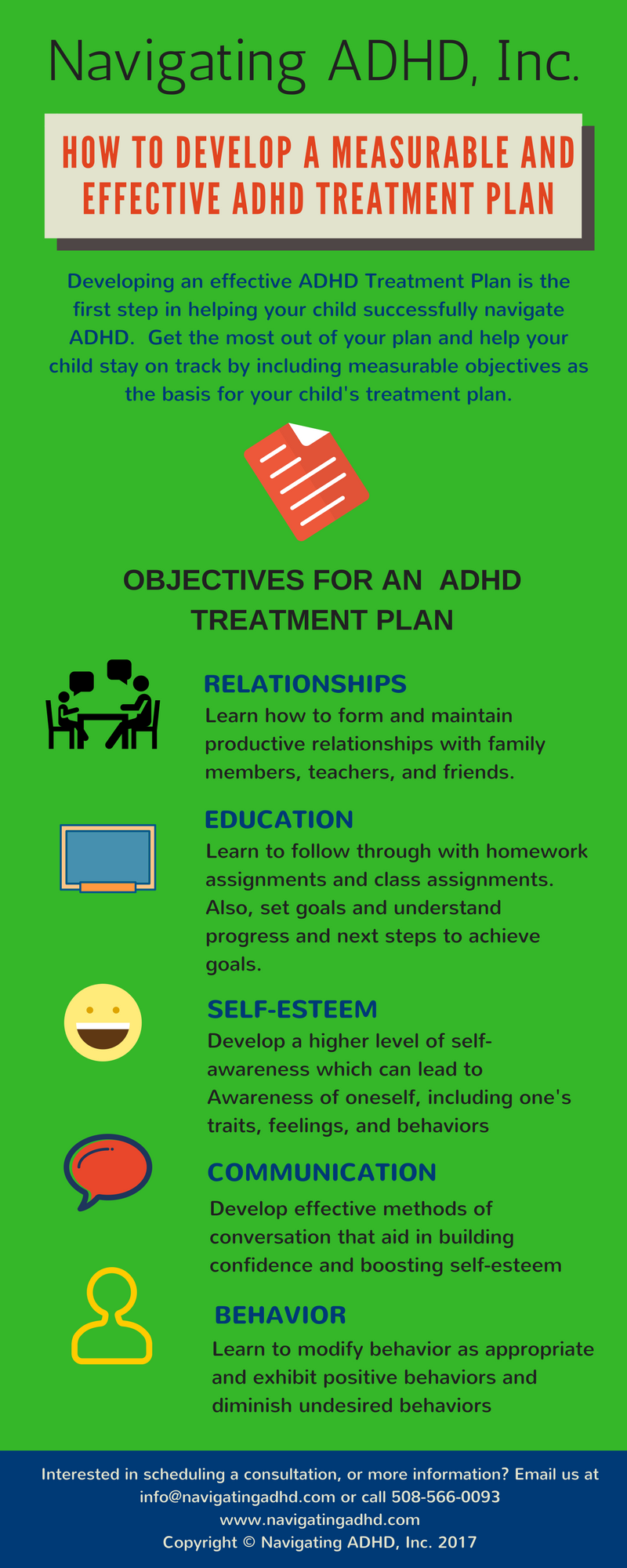Your Overview to Discovering the Right ADHD Therapy for Enduring Results
Browsing the intricacies of ADHD therapy requires a nuanced understanding of both the disorder and the myriad options offered for efficient monitoring. It is necessary to acknowledge that what works for one person may not always yield the exact same outcomes for an additional.
Understanding ADHD and Its Effect

In grownups, ADHD can result in difficulties in work environment settings, impacting efficiency, time monitoring, and interpersonal relationships. Usually, undiagnosed or incorrectly took care of ADHD can add to co-occurring mental wellness problems, such as anxiety and clinical depression, further making complex an individual's total well-being.
The societal understanding of ADHD can vary, causing preconception and misconception, which might impede individuals from seeking assistance. As understanding grows, it is vital to cultivate an atmosphere that promotes understanding and support for those impacted by ADHD, highlighting the demand for exact diagnosis and tailored techniques to mitigate its influence on everyday life.
Review of Therapy Alternatives
A detailed approach to treating ADHD includes a variety of options customized to the person's distinct demands. These options can broadly be classified into behavioral interventions, psychoeducation, and way of living modifications, together with pharmacological treatments that may be checked out later.
Behavior treatments, such as cognitive-behavioral therapy (CBT), concentrate on customizing particular behaviors and establishing coping methods to manage symptoms successfully. Psychoeducation plays an important role in encouraging both individuals and their families by giving details about ADHD, its obstacles, and efficient strategies for assistance.
Way of living alterations can significantly affect ADHD management. Routine physical activity, a well balanced diet, and sufficient sleep add to overall well-being and signs and symptom control. Mindfulness methods and leisure techniques can additionally enhance emphasis and reduce impulsivity.
Support teams and family therapy can foster a feeling of community and understanding, assisting people feel much less isolated in their experiences. Each treatment option must be considered along with the person's preferences and situations, guaranteeing an all natural approach that promotes lasting success. Ultimately, the goal is to create a personalized therapy strategy that addresses the certain difficulties associated with ADHD while improving general quality of life.
Medication: Pros and Cons
Drug battling depression plays a crucial function in the treatment of ADHD, with various alternatives readily available that can significantly relieve signs for many people. Stimulants, such as methylphenidate and amphetamines, are generally prescribed and have shown effectiveness in boosting emphasis, lowering impulsivity, and enhancing total behavior. These medications function by enhancing dopamine and norepinephrine levels in the brain, which are commonly dysregulated in those with ADHD.
Nonetheless, using medicine is not without its challenges. Some individuals may experience adverse effects, consisting of sleep problems, lowered appetite, or raised anxiousness. Locating the ideal dosage can be a trial-and-error process, needing close monitoring by medical care professionals. Additionally, not all people react to stimulant medicines, leading some to explore non-stimulant alternatives, which may have a postponed see beginning of activity or various negative effects.
It is important for individuals and their family members to evaluate these benefits and drawbacks meticulously. Balancing the benefits of symptom management against possible adverse effects is crucial for attaining optimal therapy end results. Collaboration with doctor can facilitate educated choices, making sure that medicine belongs to a thorough ADHD administration plan.
Behavior Modification Strategies

One generally utilized technique is Cognitive Behavioral Therapy (CBT), which aids individuals recognize and alter negative idea patterns that contribute to ADHD-related difficulties. Therapist for ADHD. With CBT, clients find out to set sensible goals, take care of time properly, and develop business systems
One more effective strategy is Parent Monitoring Training (PMT), which informs parents on just how to reinforce positive actions and decrease negative ones via regular technique and interaction approaches. This technique fosters an encouraging home atmosphere this that encourages behavior improvements.
Social abilities training is also indispensable, assisting people with ADHD browse social interactions much more properly. Role-playing and modeling suitable habits can boost social skills and reduce anxiousness in social circumstances.
Way Of Life Adjustments for Better Management
How can lifestyle adjustments considerably boost the management of ADHD symptoms? Executing calculated way of living alterations can cause significant improvements in focus, organization, and emotional regulation for individuals with ADHD.
First of all, developing a structured daily routine helps in producing predictability, which can minimize feelings of bewilder. Regular routines for dishes, research, and rest can boost day-to-day performance.
Incorporating regular physical activity is also important, as exercise has actually been revealed to increase dopamine levels, improving focus and inspiration (Therapist for ADHD). Intending for at the very least 30 minutes of modest workout most days can be useful
Nutrition plays a crucial function. A balanced diet regimen abundant in omega-3 fats, entire grains, and healthy protein can sustain cognitive function. Limiting refined sugars and caffeine might lower signs, as these can lead to power crashes and impatience.
Conclusion
In verdict, discovering the ideal ADHD therapy necessitates a complex approach that takes into consideration specific needs and choices. Cooperation with healthcare experts and open communication with assistance networks are essential components in navigating the intricacies of ADHD administration, ultimately leading to lasting results and enhanced top quality of life.
Comments on “Medication Management Support for Reliable Mental Health Treatments”